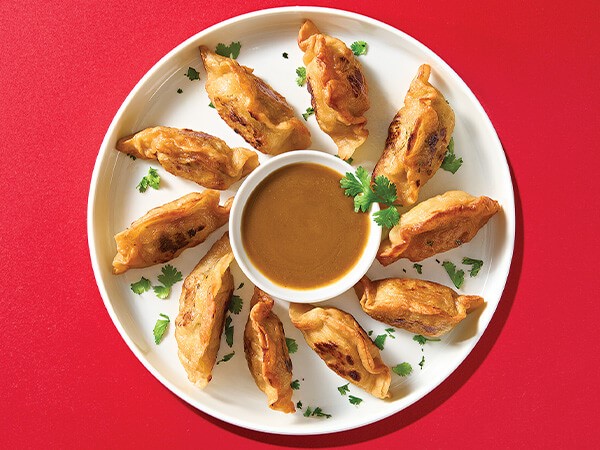Description
Chinese New Year, also known as Lunar New Year, begins with the first new moon of the year. In Chinese culture, a new year is a time to usher out the bad, invite in the good and reunite with family. As with many family occasions, food plays an important role in Chinese New Year celebrations. Many of the holiday dishes have names or ingredients that symbolize wishes for the new year, such as long life and prosperity.
Longevity Noodles
Longevity: These long noodles symbolize life span, and the tradition is to not cut them to ensure a long life. They are prepared on the first day of the Chinese New Year celebrations and are served first to the eldest in the family as a sign of respect.
Sichuan Fish
Fortune: Fish and surplus sound the same when spoken in Chinese. Enjoying fish during the New Year is meant to bring a surplus of luck, prosperity and fortune. Only part of the fish should be eaten on New Year’s Eve, with the rest—the surplus—carried over to New Year’s Day.
Lion's Head Meatballs
Happiness: It is said these meatballs resemble a lion’s head (the meatball represents the head, the cabbage the mane). They are a symbol of family togetherness. The meatballs can be served any time of year as part of a celebration.
Eight Treasure Rice Pudding
Good Luck: Eight is a lucky number because, when spoken in Chinese, it sounds similar to a word that means to be rich or prosper in business.
New Year's Dumplings
Prosperity: The classic fold of a Chinese dumpling resembles the silver ingot used as money in ancient China, and dumplings are a staple of the holiday. Many families gather to make them on New Year’s Eve and begin eating them at midnight.

